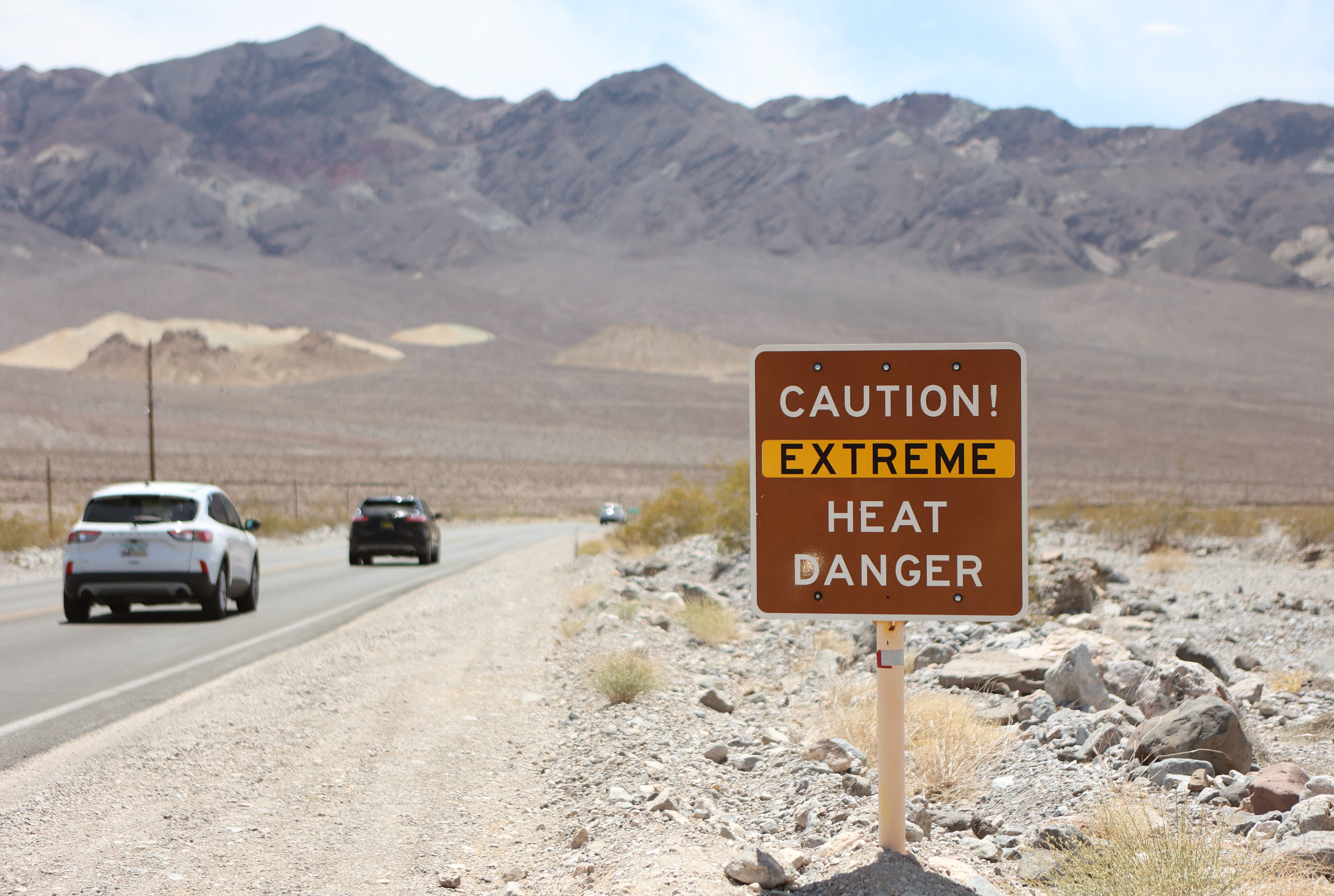
CLIMATEWIRE | American voters are increasingly concerned about global warming, a new national public opinion analysis found, but that hasn’t changed the deeply partisan lens through which voters still view climate policy.
The 2023 Yale Climate Opinion Maps report released Tuesday found that two-thirds of Americans agree that “developing clean energy should be a priority for the president and Congress,” with majorities in both red and blue states.
But when asked whether the U.S. president should do more to address global warming, a narrow 54 percent of all adults said “yes.” The strongest support was clustered in Democratic strongholds like California, the Pacific Northwest, New York and New England. A majority of adults in 18 states in decidedly Republican regions like Appalachia, the Deep South and across the Great Plains were not in favor of greater presidential action.
Anthony Leiserowitz, director of the Yale Program on Climate Change Communication, which published the analysis, noted that climate change has risen to be in the top two or three issues of concern for respondents who characterize themselves as liberal Democrats.
“It’s absolutely last among conservative Republicans and not that far above last for moderate Republicans,” he told E&E News.
There’s a noticeable gap between support for giving a boost to consumers of clean energy and where climate stands as a partisan policy issue for Democrats and Republicans.
Nearly three-quarters of the public support giving rebates for purchases of electric vehicles and solar panels, and by the same margin say that carbon emissions should be regulated as a pollutant, according to the report by researchers at Yale University and Utah State University, who publish the opinion maps every two years.
“People are noticing the unusually severe heat waves, wildfires and floods that are increasingly hitting their local communities, driving up insurance rates and disrupting people’s lives,” said Jennifer Marlon, senior research scientist in the Yale School of the Environment, and data science director for the project.
Yet Marlon said the analysis also shows very strong, persistent red state-blue state polarization in climate opinions and policy preferences.
The analysis of state and local attitudes on climate change draws on computer modeling using a large pool of national survey data the Yale-led team has collected since 2008. It has an 8 percent margin of error at the state and local level.
The percentage of people who think global warming will harm them personally increased 11 percentage points in Georgia, from 35 percent in 2010 to 46 percent in 2023. Similar percentage increases occurred in blue states but reached a lot higher.
Shifting tides in 2024
The new mapping report did not assess public attitudes toward President Joe Biden’s climate policy record nor attacks on it by former President Donald Trump and former South Carolina Gov. Nikki Haley, who are contending for the GOP presidential nomination.
But a national survey published last fall, “Climate Change in the American Mind: Politics & Policy,” conducted by Yale and George Mason University researchers, found that most Americans know little or nothing about the 2022 Inflation Reduction Act, Biden’s signature achievement on climate.
Just 36 percent of registered voters surveyed had heard “a lot” or “some” about the law. Four in 10 had heard nothing at all. When poll-takers described the measure to those who didn’t know about it, the polling showed 9 in 10 Democrats and 7 in 10 independents in favor, and two-thirds of Republicans against it.
Backed by record-high tax incentives for clean energy, companies have already pledged almost $300 billion in domestic investment in factories to build electric vehicles, batteries, solar panels and wind turbines, according to Goldman Sachs.
The Yale climate mapping is in line with other national surveys including a November poll issued by CNN, which found 63 percent of people responding were worried about climate change, with 27 percent very worried.
A survey last August by NPR/PBS “NewsHour”/Marist reported that 53 percent of Americans favored giving a priority to climate policy actions even if that meant slowing the economy. Eighty percent of Democrats and 54 percent of independents took that position. Seventy-two percent of Republicans opposed it.
Some of the Yale project results suggest that some public attitudes may shift as extreme weather events multiply. Poll-takers have also been paying more attention to the viewpoints of younger Republicans and Democrats.
Leiserowitz, head of the Yale program, said everyone’s “crystal ball is clouded” when it comes to the 2024 election season. “There are massive tectonic plates all shifting at the same time,” he said.
Edward Maibach, director of George Mason University’s Center for Climate Change Communication, said climate is still viewed by many as a problem that won’t demand attention until later in the future. And there remains other pressing issues.
“While people clearly have feelings about climate change and government,” he said, “those feelings pale in comparison with access to an abortion.”
Reprinted from E&E News with permission from POLITICO, LLC. Copyright 2023. E&E News provides essential news for energy and environment professionals.




